Campus
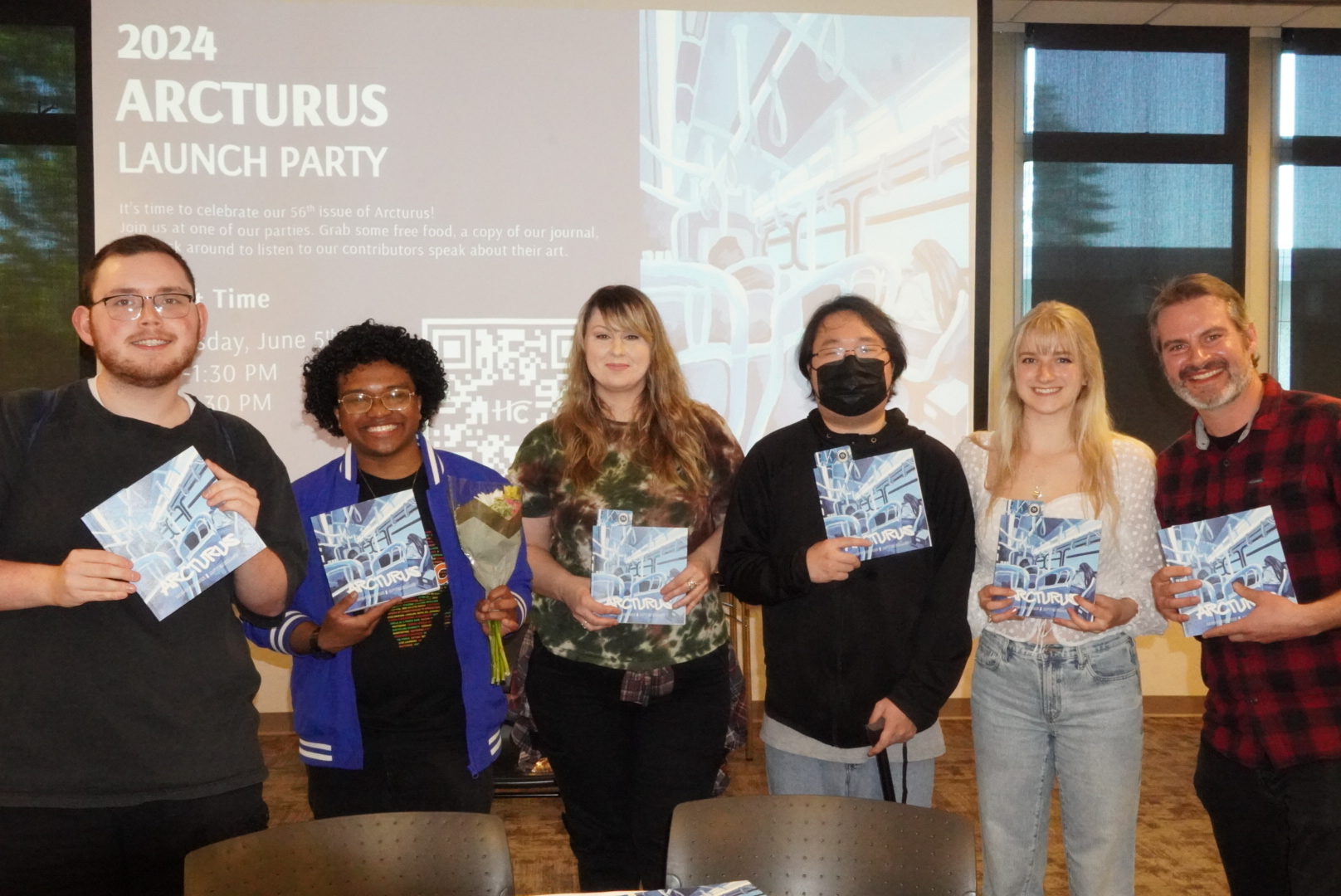
Arcturus, Highline College’s renowned publication, launched its much-anticipated 56th issue.
To celebrate the June 5 release, attendees shared food, refreshments, and a free copy of the latest Arcturus issue. The diverse array of contributors shared their works and the inspirations and processes behind them, even opening up time towards the end of the event for an open mic, allowing everyone to take part in the creativity.
This issue’s theme “After Image” explores the concept of the image that remains even after the original is no longer visible. It is the lingering picture when one looks away after exposure to a bright image. Contributors have captured this effect through prose, poetry, and visual art, probing into the lasting echoes of both big and small incidents.

If you’re like most college students, the weight of academic stress might be overwhelmingly all too familiar. When stress and anxiety begin to form due to the nagging need to meet both school and personal expectations, self-control and precision might be something you immediately fall back on.
Maybe you’re in the midst of figuring out how to pay for school, filling out internship applications, or simply feeling the anticipation of finals. It’s only natural to resort to a routine that ensures your ability to get things done. And, although this can combat the daunting feelings that arise from uncertainty, it can also add onto initial worry or stress.
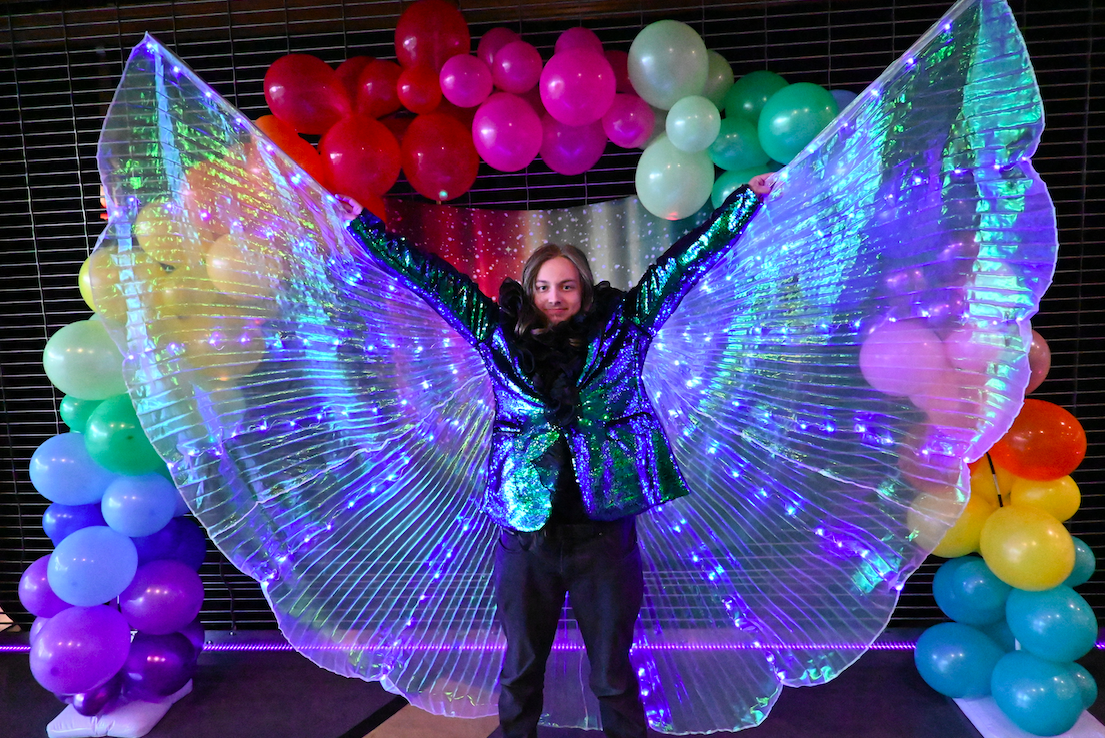
The Pink Prom hosted by the LGBTQIA+ Task Force, Q Center, Center for Cultural and Inclusive Excellence, and the Office of Equity, Diversity, and Transformation consisted of a live DJ, pizza, cake, an assortment of flashing party favors, and performances by drag queens and kings.
Held in the student union in Building 8 on May 24, tables were set out with bright flowers serving as the centerpieces. The majority of the bottom floor was set aside for a lively dance floor, with DJ Mike Baskett playing classic hits from artists like Madonna or remixes of the most popular songs of the 2020s.
The event had all the makings of a classic high school prom, something many of the attendees did not receive given the COVID-19 pandemic taking place during many people’s last years of high school.
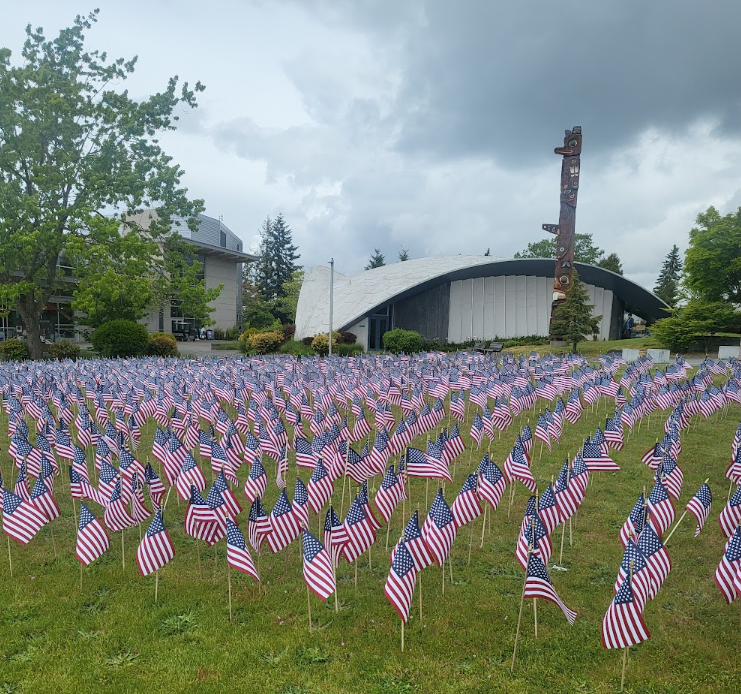
As Highline students made their way around campus this past week, many may have noticed the scores of American flags placed on the grass next to Building 8, each meticulously lined up in neat rows in order to honor Memorial Day.
Memorial Day is a landmark American holiday meant to remind us of those who died while serving their country in the U.S. military. It wasn’t until 1971 that the last Monday in May became a federal holiday, after congress passed the Uniform Monday Holiday Act in 1968.
This federal holiday includes observation for the longest war the U.S. has been involved in from 2001 to 2021. This day is not just for having a day off from school or work. It’s for commemorating the veterans that did not get to come back home and hang up their uniform.

To celebrate Asian American and Pacific Islander month, Highline College hosted “AAPI Avenue,” an event held in the Student Union where many different Asian vendors sold their crafts. One of the many ways to honor Asian culture is to support small Asian owned businesses.
AAPI month was officially established in 1992 under the George H. W. Bush administration with the passing of Public Law 102-450. Asian/Pacific American Heritage Month was renamed as AAPI Heritage Month in 2009, according to History.com.
The month of May was chosen to honor the first immigration of Japanese people to the United States on May 7 of 1843.

The familiarly used term FOMO is an acronym that stands for: fear of missing out. Popularized as a widely known term in 2004, FOMO is perhaps the best description for the ever tiring pursuit of a fulfilling life. As Generation Z, individuals born between the years 1997 and 2012 enter college and the workforce, FOMO can be both a motivator as well as a debilitating factor.
The slanginess of the term FOMO makes it difficult to take seriously in introspective or philosophical conversations, but it’s an effective description for the pressure young adults have to live up to their potential.
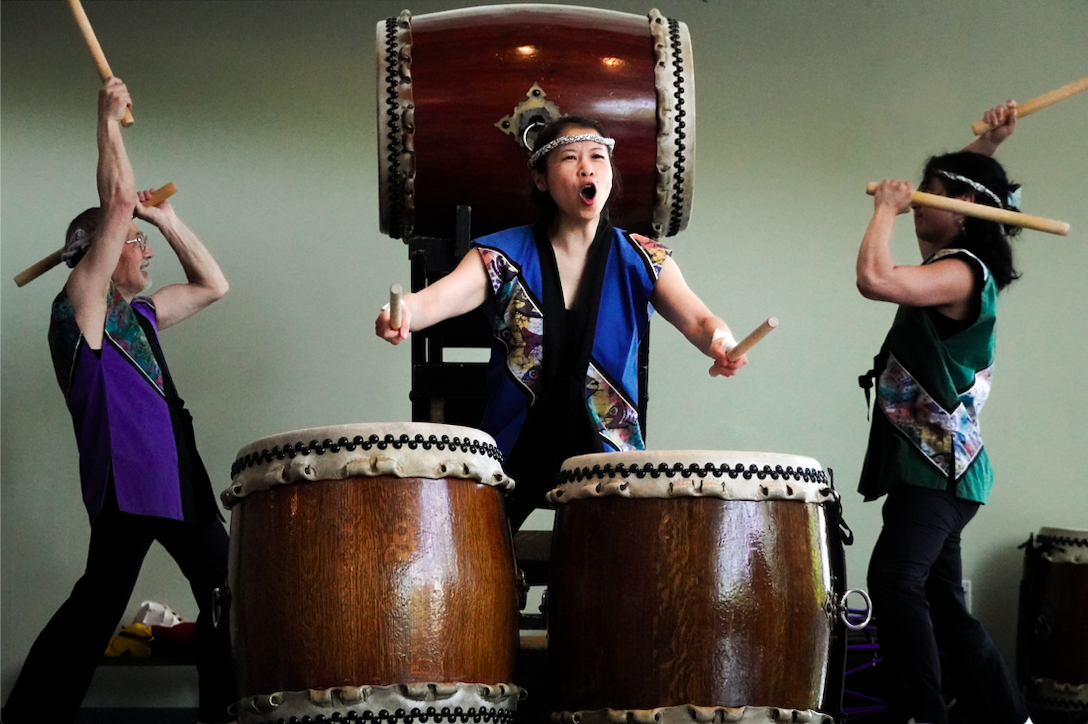
Highline College’s annual Global Fest, a cornerstone of the college’s 27th Annual Unity Through Diversity Series was a vibrant tapestry of cultures, showcasing the rich diversity of our world.
Hosted by the dynamic trio of Global Student Ambassadors, Muna Ali, Barok Yohannes Hailegiorgis, and Laiza Lim, the May 14 event attracted a large and enthusiastic crowd.
The stage came alive with an electrifying lineup of performances that captivated the audience. The powerful rhythms of Taiko drums set the tone, followed by the mesmerizing Oaxacan dances by Grupo Cultural Donaji. Eva Engelhard and Garvaundo Hamilton’s soulful singing

Rising college tuition and student loans are causing financial problems and economic risks. It’s a growing crisis that we must address for the sake of individuals, communities, and our economy as a whole.
The government has a key role to play. It should regulate colleges to ensure tuition hikes are justified by improvements in education quality. And crucially, it must take action to decrease student loan interest rates to alleviate the burden on students. This is especially important given that total student loan debt now exceeds $1.7 trillion, according to the Federal Reserve.

From the moment students wake up to the time they go to bed, music often plays a crucial role in their daily lives. Whether it’s the perfect playlist to help focus during a study session or a comforting song to heal a broken heart, music has the power to influence moods, productivity, and overall well-being.
Natalie Kim, a Highline College student, told the Thunderword about the role of music as a crucial part of her study routine.
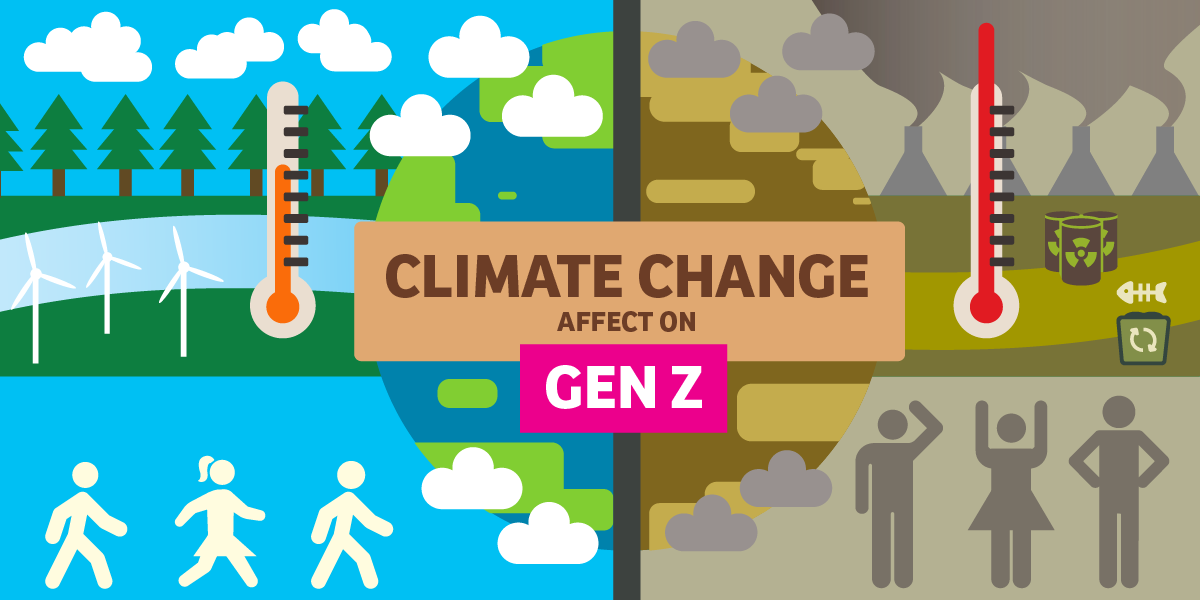
Young generations are increasingly becoming more aware of global issues and concerned with the impacts of climate change. As this burden has practically been put into their hands to deal with, Gen Z continues to tackle the topic head on – but at what cost?
Whether it’s the noticeable long-term shifts in temperature or sporadic weather changes, most teens have a general understanding of what’s currently happening to the planet. While the changing climate is projected to continue this century and beyond, Gen Z shares a common characteristic of wanting to help the environment.
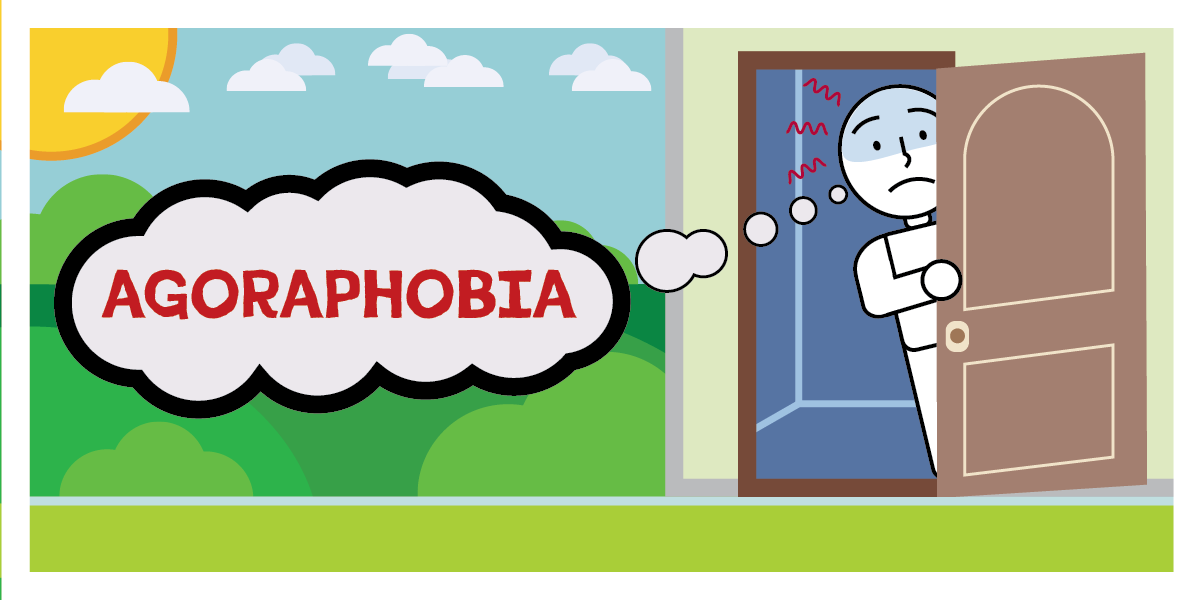
Part Five: The Path Forward
In part four the author grappled with the insidious thoughts and fears that threatened to undermine their progress. Through a combination of self-reflection, determination, and the support of others, they began to challenge these negative beliefs and embrace the idea that their struggles do not define their worth as a person.
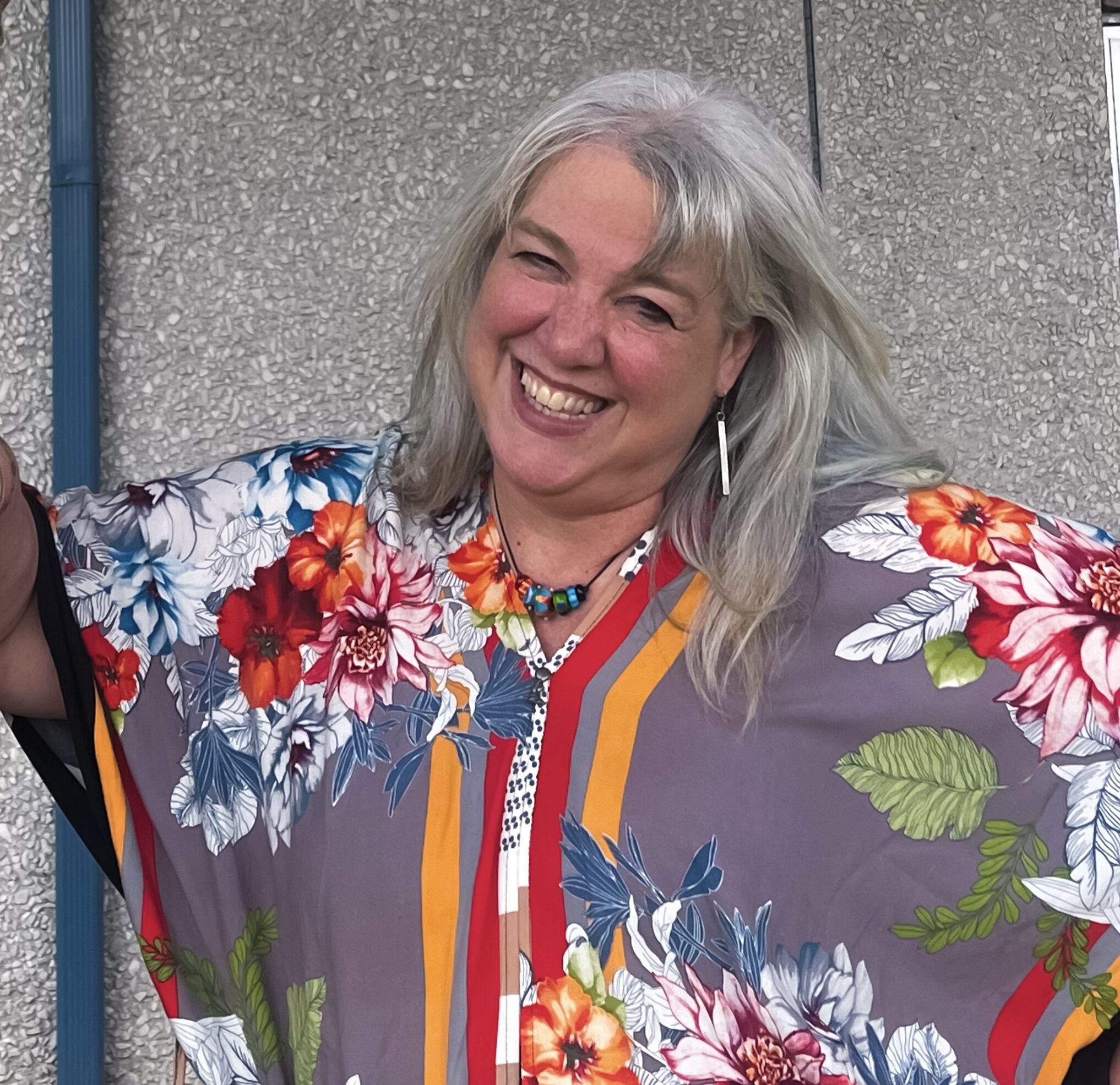
Laura Manning has taught at Highline since the spring of 2000, and that length of service hardly does proper credit to the sheer impact she has had both in and beyond our campus. The end of this spring quarter marks the start of her retirement and following journey to Oklahoma, but students and faculty have found it difficult to let her go without showing exactly how much she means to our community.
The Thunderword sat down with Manning and reminisced about past challenges, lessons learned, and the core aspects of teaching that kept her coming back year after year, giving her all to students and faculty alike.
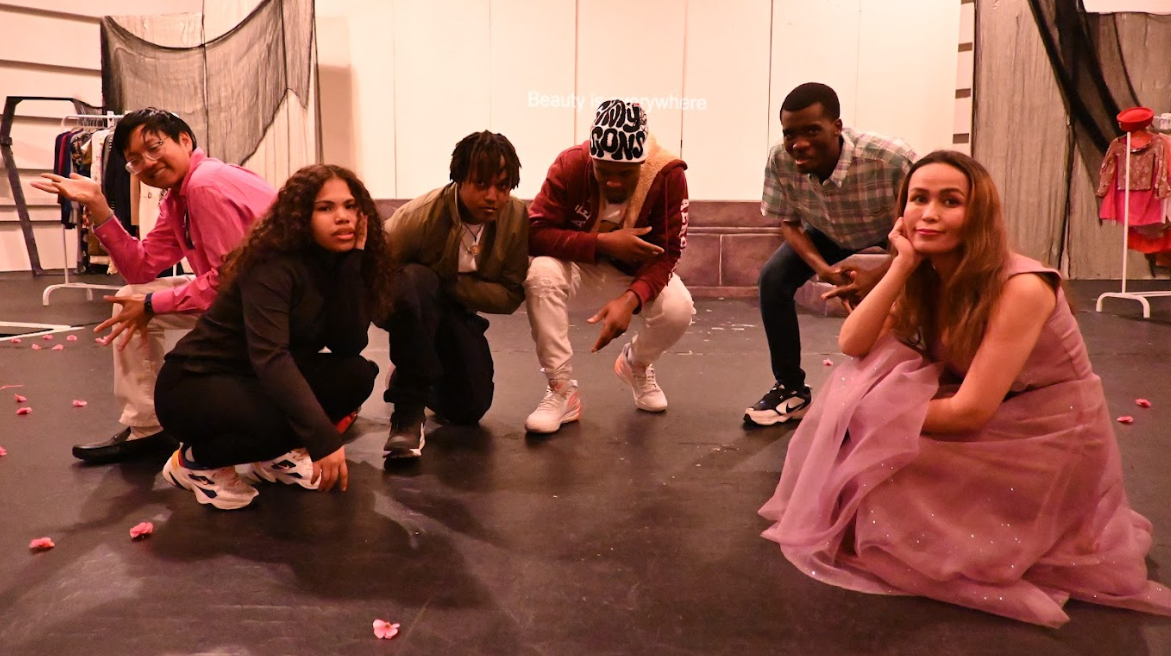
The Q Center recently held their third fashion show, in part to promote the Q Boutique, which is currently accepting donations of formal wear for the Pink Prom it will be hosting on May 24.
The event started out with Amy Rider King and Chino Gonzales, the cofounders of the Q Center group, introducing themselves and the Q Boutique.

Part Four: Confronting Inner Demons
In part three of one’s student’s true story of their battle with agoraphobia, the author navigated the complexities of college life, facing new challenges and opportunities for growth at every turn. Despite the constant pull towards isolation, they learned to harness their anxiety as a source of motivation, pushing themselves to engage with others and pursue their goals.
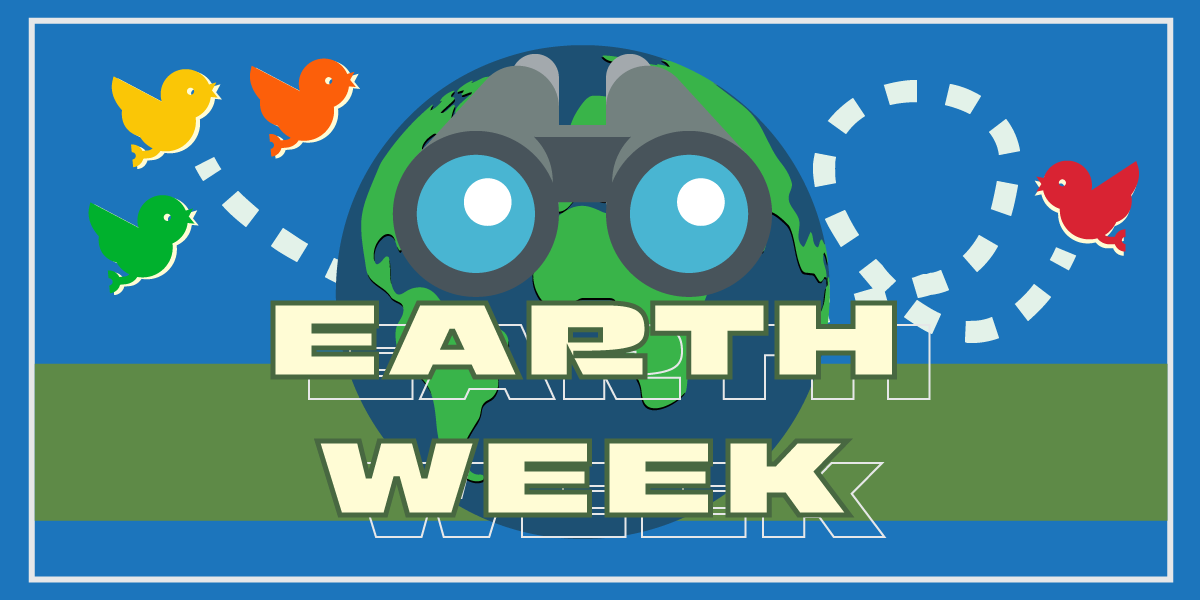
Earth Week at Highline has officially kicked off this past Monday with a presentation by Isaac Kastama of Water Street Public Affairs at the Mt. Constance building and has been raging ever since. Speakers and presenters like our institution’s own Woody Moses (Biology) and Lonnie Somer (Anthropology).
Activities like a forest cleanup, an environmental resource fair, and bird watching compelled students and faculty alike to take a step back and appreciate our environment and, perhaps even more importantly, see the urgency in caring for it.
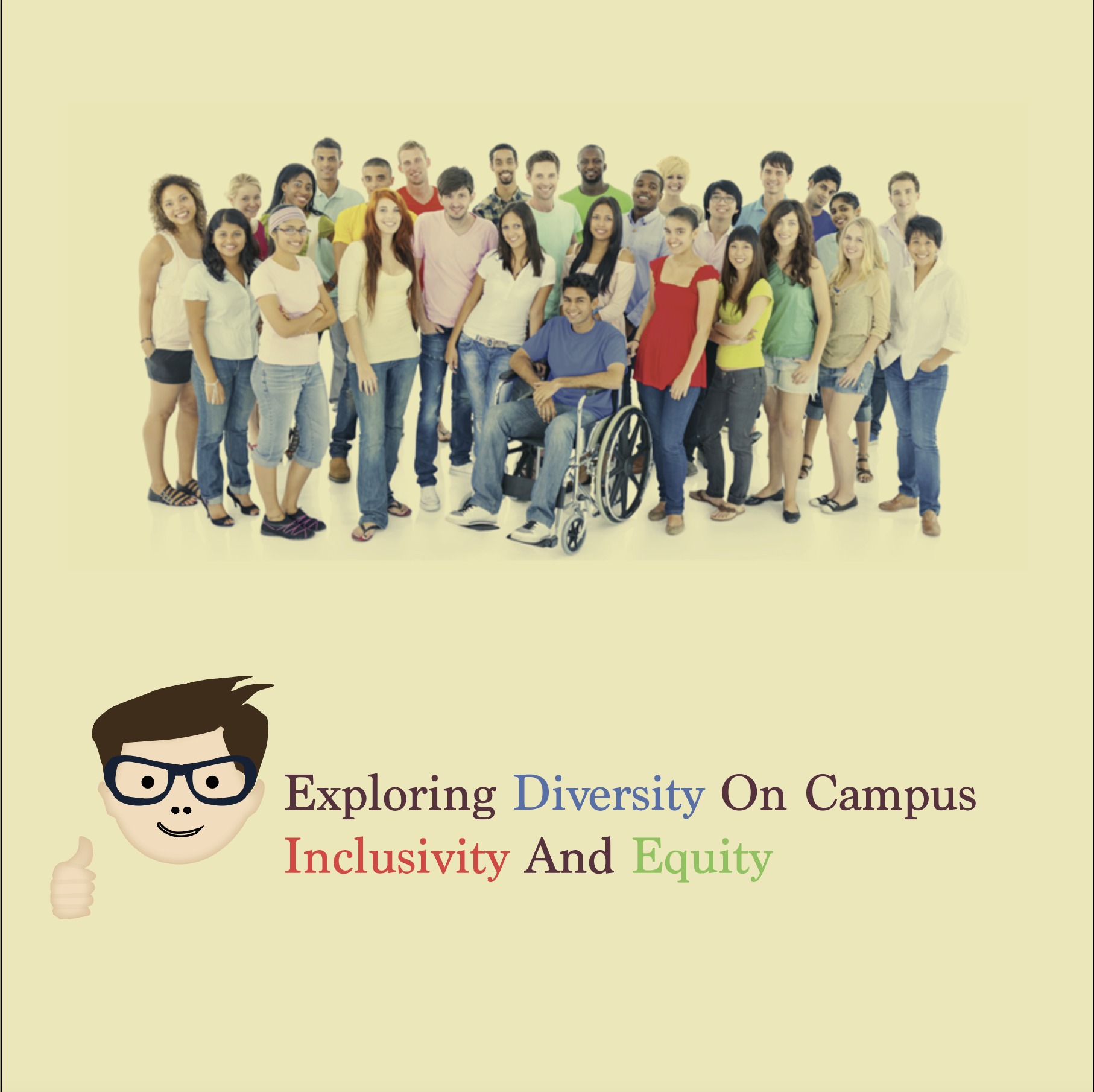
Diversity on a college campus is more than just a buzzword – it’s a fundamental aspect of creating a vibrant and inclusive academic community. Embracing diversity means recognizing and valuing the unique backgrounds, experiences, and perspectives that each individual brings to the table. It’s about creating an environment where everyone feels welcomed and respected.
One of the key benefits of diversity on campus is the opportunity for students to learn from one another. When those from different backgrounds come together, they bring with them a wide range of ideas, beliefs, and experiences. This diversity of thought enriches classroom discussions, leading to deeper learning and a more well-rounded education.

Part Three: Uncharted Territories
When we last left the author, in part two of our true story of one student’s struggle, we witnessed their first steps towards breaking free from agoraphobia’s cruel games. Despite the high cost of progress, including panic attacks and moments of overexertion, they persisted and persevered in their journey, seeking solace from therapy and gradually venturing further from the safety of their room.

Part Two: Unshackling the Mind
In part one of the true story of one student’s brave battle through agoraphobia, we discovered how the author’s subtle sense of unease gradually morphed into a monstrous presence, imprisoning them within the four walls of their own room. Despite the well-intentioned advice and encouragement from friends and family, agoraphobia had become their constant companion and relentless tormentor.
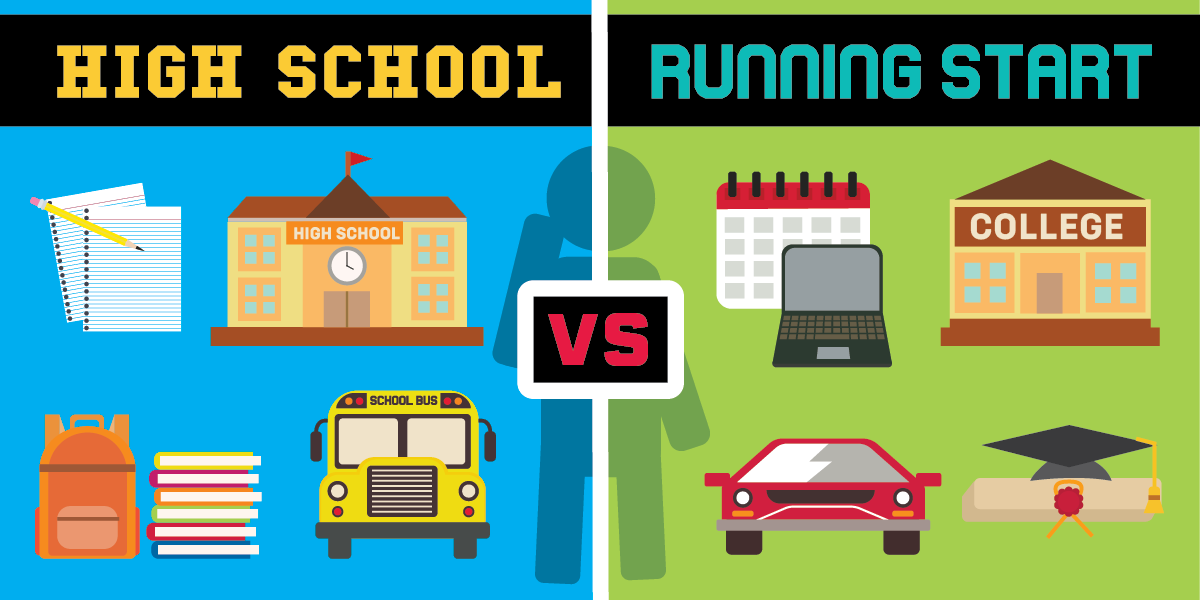
The Running Start program offered at Highline can be a great opportunity for many students to get ahead in their education. But stepping into the college world as a high schooler is not without its downsides as these motivated junior scholars often have to face increased levels of stress and rigor.
Here at Highline there are Running Start students everywhere you look. Around every corner, you can find high schoolers participating in the program and often aiming to get their AA. “Running Start is dual credit program in Washington State that allows high school juniors and seniors to take college courses. Students earn both high school and college credit for courses completed,” states the Highline Running Start webpage.

Part One: Trapped, Isolated, Lost
In honor of Highline’s Week of Wellness, one exceptionally brave, resilient, and tenaciously spirited student, who prefers to remain anonymous, has decided to share their profoundly brave personal journey with remarkable candor.
As they continue confronting the isolating grip of agoraphobia with unwavering courage, their story serves as a powerful reminder that even in the darkest moments of mental anguish, the human spirit can summon incredible reserves of resilience and bravery.

One of the most powerful tools for building a successful career is networking. This comes to the chagrin of many college students, as the concept may come across as intimidating, mainly reserved for established professionals. The truth is that networking is more accessible than most may think.
In reality, college is the perfect time to start building those invaluable professional relationships by forming those connections with peers and leaders in your field and areas of interest.
These connections can open doors to opportunities, provide guidance and mentorship, and offer support during your academic and professional journey. While the benefits of networking are clear, how does one go about cultivating these relationships, especially during the college years?
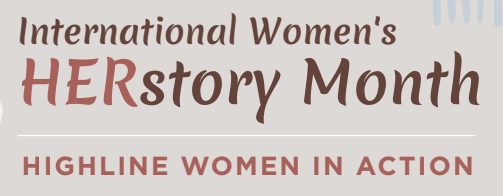
As Highline College celebrates March as International Women’s HERstory Month, we find ourselves reflecting on the contributions of the remarkable female-identified employees who have dedicated decades of their lives to shaping our institution.
Their commitment, tireless efforts and leadership have left a mark on students, staff, and throughout the campus. We extend our deepest gratitude and love for these ladies!
Please join us in celebrating our Highline Women in Action.
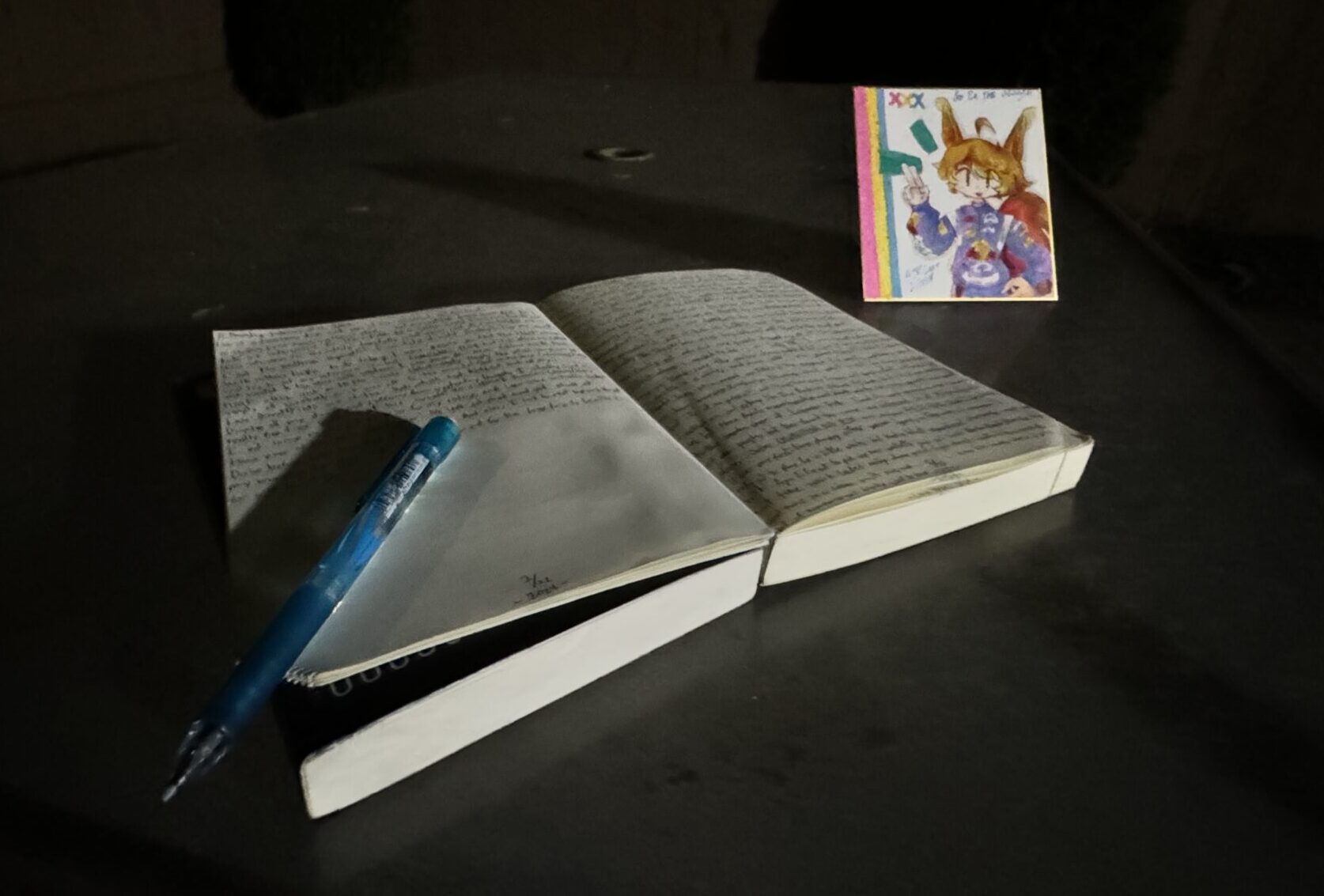
Journaling stands as one of the best and most actionable mental health activities. The prospect is simple – get a pen and paper, then write anything that comes to mind. Though instead of events, wellness journaling focuses more on writing thoughts and emotions.
The practice is heavily favored amongst mental health practitioners and members of Highline’s counseling center. Studies on the subject see the benefits of journaling as “…both a more coherent and illuminating approach to investigate mindfulness.”
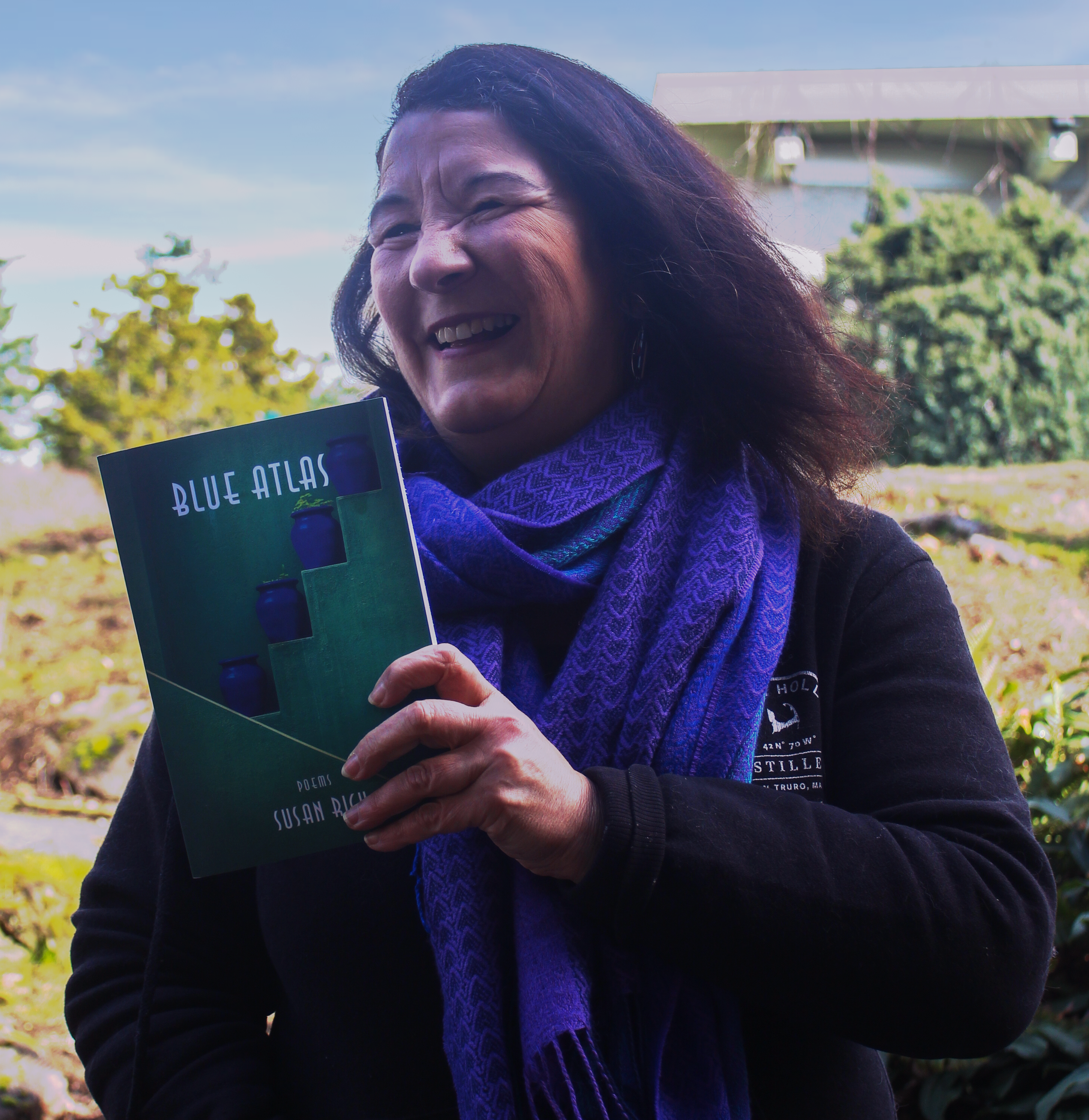
Highline College has been a bastion for passionate educators and leaders since 1961, and for the last 25 years, it has been fortunate enough to be home to Susan Rich. The Thunderword spoke with Rich this past week and discussed her tenure at Highline, her favorite moments at the Arcturus publication, and some highlights from her upcoming book, “Blue Atlas”.
Taking in the views on campus as her last quarter as Faculty Editor for “Arcturus” and creative writing teacher, Rich is now looking onward to her oncoming book tour with as much creative zeal as she did at the start of her career.
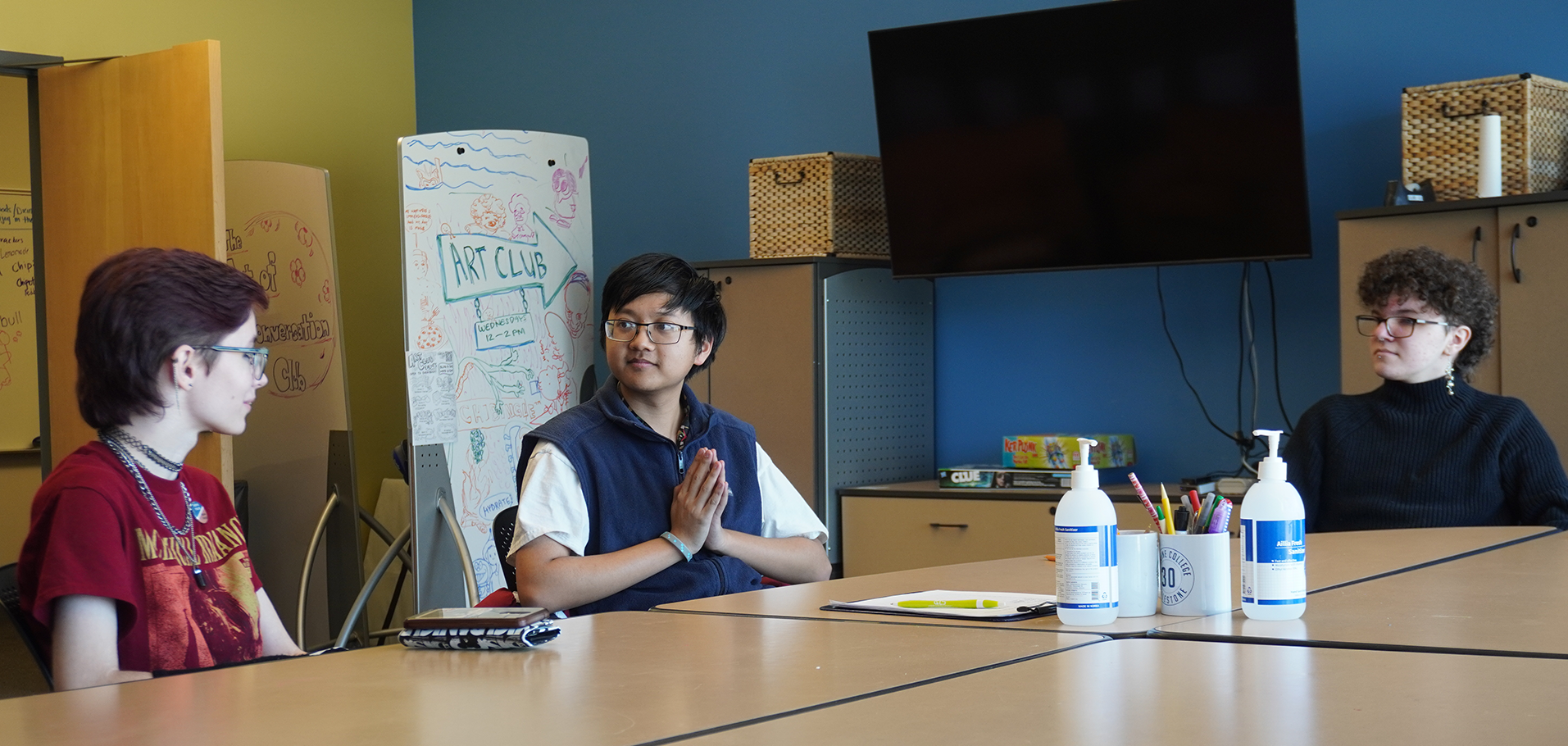
The Queer & Allies club is not new to Highline, but its name and president are.
Last quarter, it was known as the GSA, or the Genders and Sexualities Alliance, but it’s since changed in both name and leadership. Now known as Q & A, or Queer & Allies, the new club president is Highline student Duncan Dao.
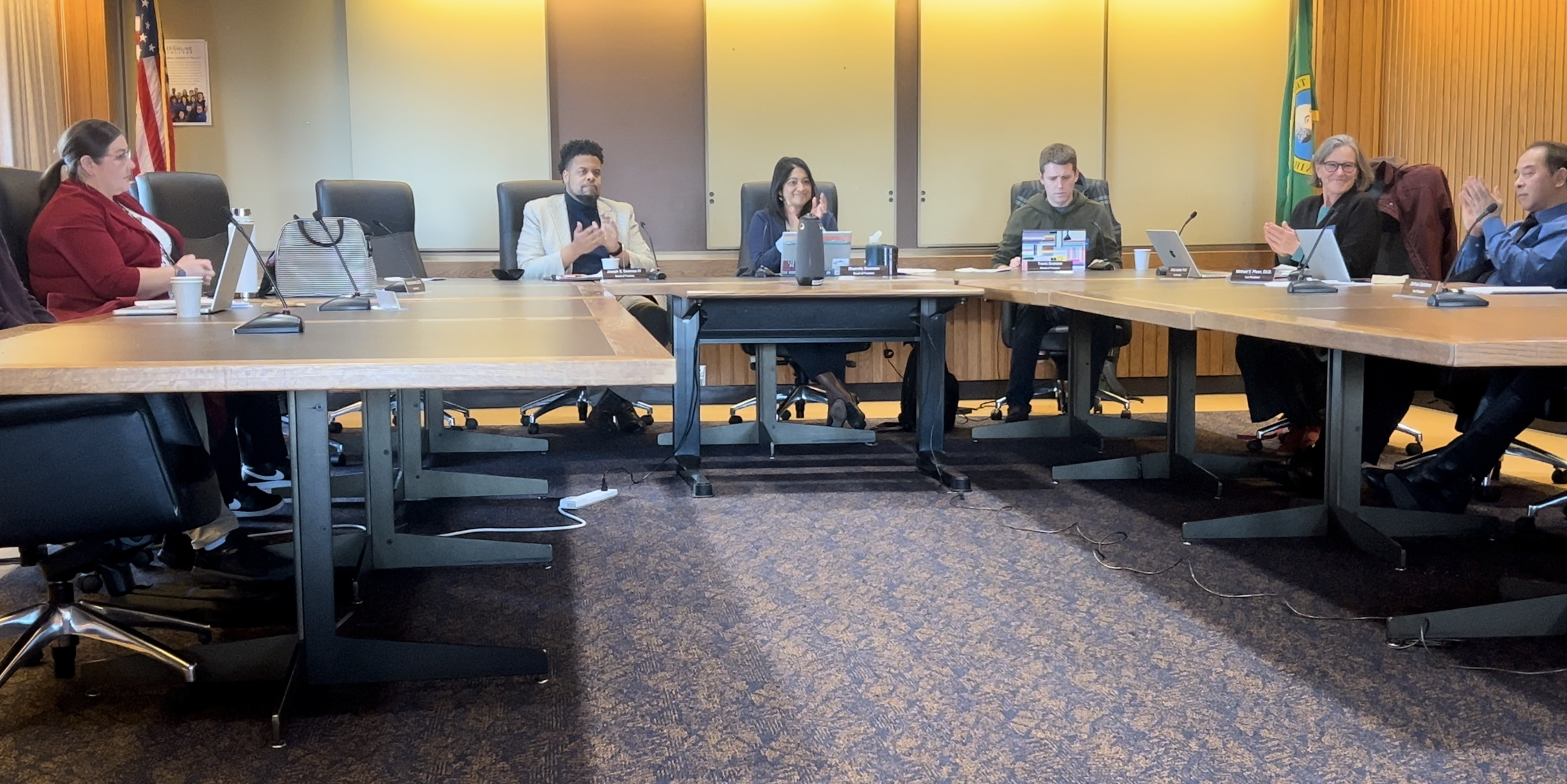
Have you ever wondered how your favorite instructor gets tenured by the college? The Tenure Review Committee (TRC) is responsible for reviewing any faculty member up for tenure. This means they are granted many benefits including stronger job security until retirement.
The committee currently has eight members including two college administration officials, five faculty members from their respective divisions, and the Vice President of the Associated Students of Highline College. It is led this year by co-chairs Tracy Brigham and Razmehr Fardad from the Health Department and Pure and Applied Sciences Divisions, respectively.

In the age of connectivity, the influence of social media permeates every aspect of our lives, and for college-aged students, this impact is particularly profound. From shaping social interactions to influencing academic experiences, the role of social media is undeniable.
It is worth looking into the multi-faceted impact of social media on college students and exploring the nuances that it brings along with it. Social media platforms serve as virtual town squares, connecting college students in ways unimaginable a few decades ago.
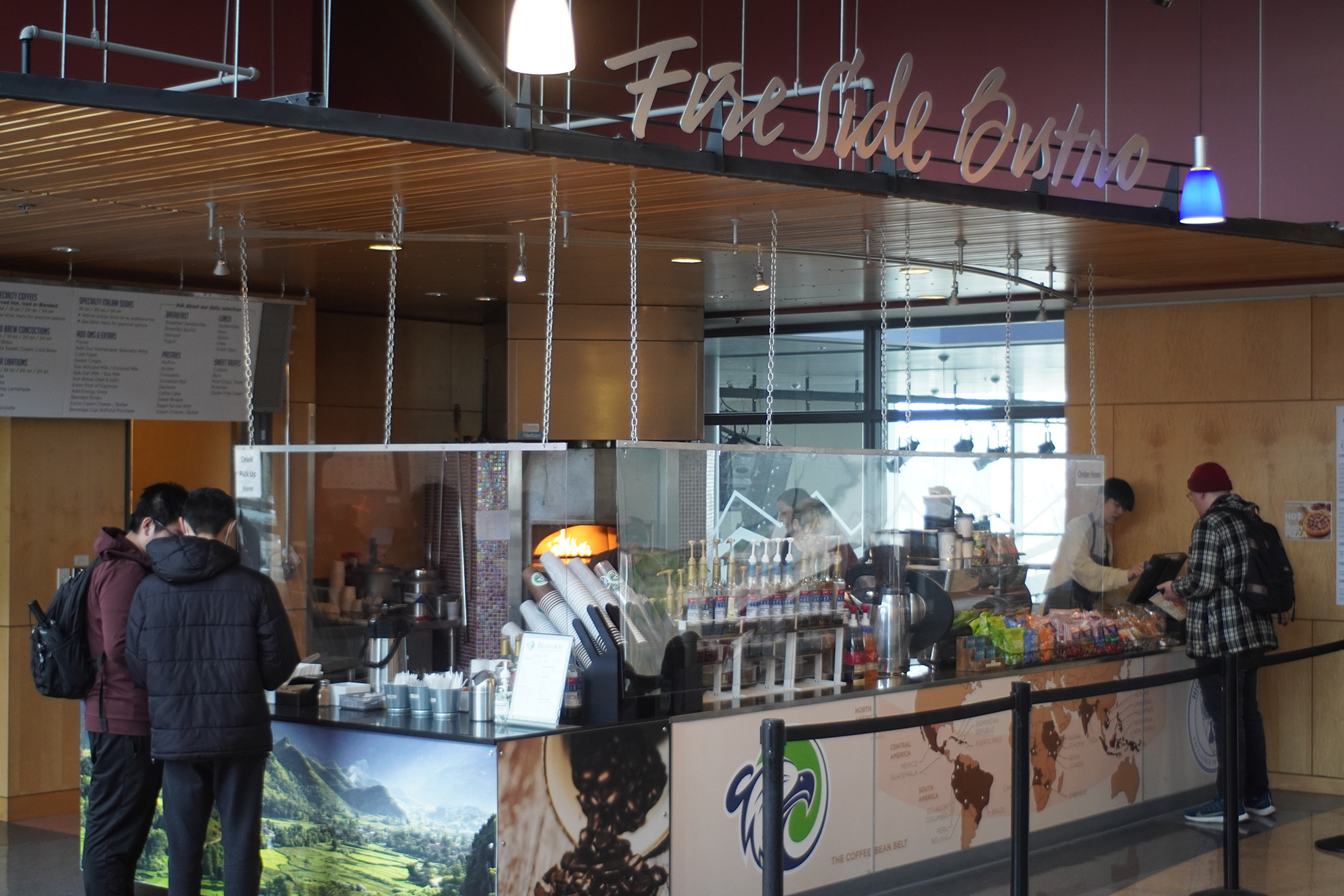
On both ends of Highline’s campus stands an option for student coffee. The Fireside Bistro, which has been open since fall 2021, in Building 8; and Ground to Tree Coffee, which just recently opened in fall 2023, in Building 29.
Now that the newest addition, Ground to Tree Coffee, has been operating for five months a check-in to see how each is serving students’ needs is in order. With both coffee shops now operating simultaneously, how well does each fare for students?

College life is often hailed as a transformative journey filled with new experiences, academic challenges, and personal growth. However, it’s essential to recognize that this period can also be mentally demanding.
Academia brings with it a whirlwind of expectations, deadlines, and social dynamics. The pressure to excel academically, participate in extracurricular activities, and build a social network can be overwhelming. Recognizing the challenges and acknowledging the importance of mental health is the first step toward a more balanced life.
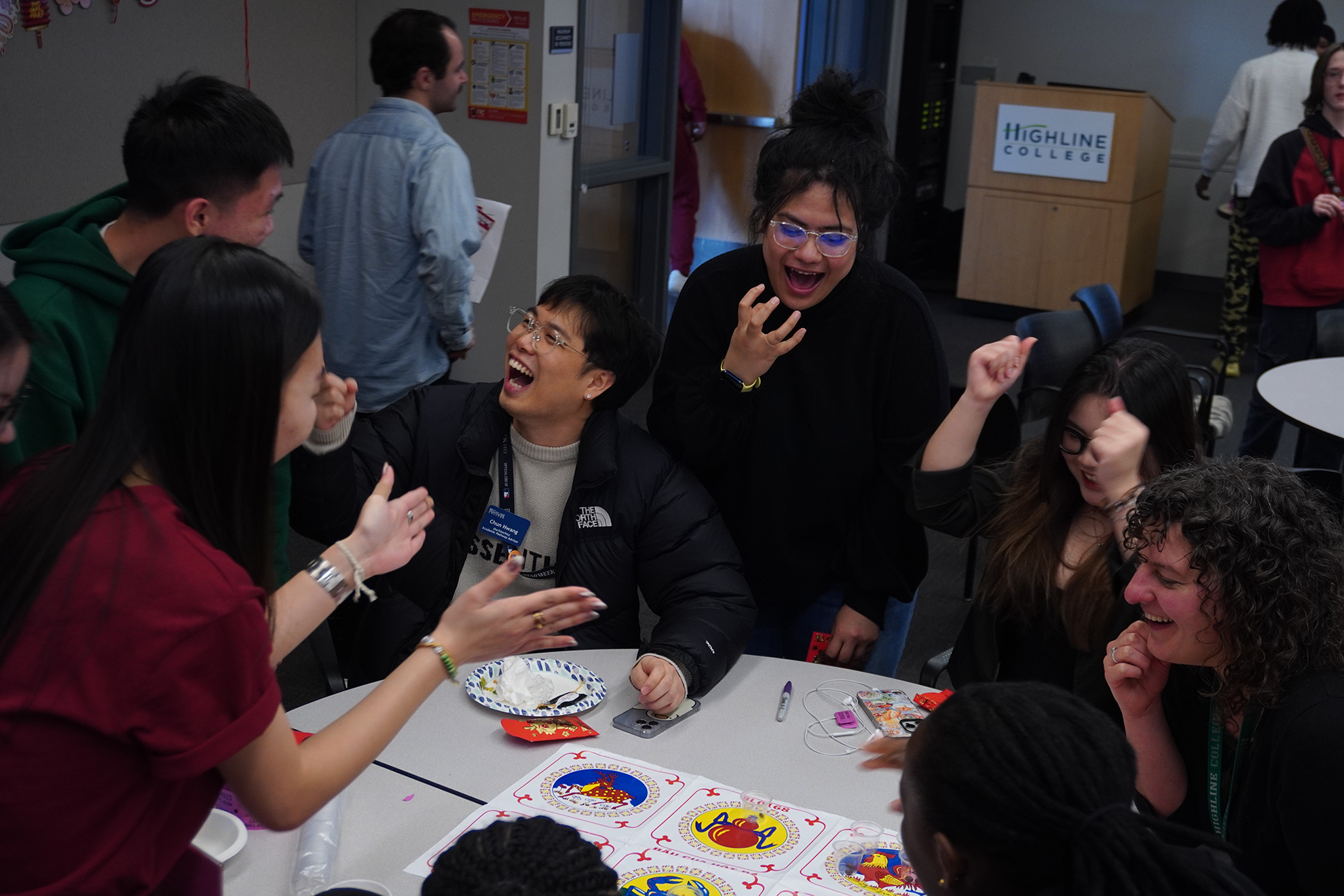
Around 140 of Highline’s students and staff gathered to celebrate this year’s Lunar New Year in the Building 8 Mt. Constance room this past Thursday. The festivities, meant to educate about the rich history of this holiday and to celebrate with the community, was hosted by Highline’s Global Student Ambassadors and the Inter-Cultural Center.
“The goal of this event was to assist students in comprehending the history of Lunar New Year and the many ways that people throughout the globe celebrate it,” said Linh Nguyen, one of the hosts of the event. “Through this we also desired to have students who must leave their homes in order to attend school during this time feel more connected and at ease in the event.”
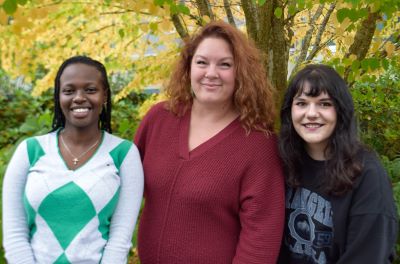
When it comes to student leadership, the Associated Students of Highline College (ASHC) has represented the multiracial, multicultural, and multigenerational student body for many years. They do so through connecting students with various leadership opportunities and advocating for solutions to the biggest issues that students face, like textbook affordability.
President DeVoni Young, Vice President Clara Swart, and Speaker of the Caucus Kimberly Wangari are charged with the task of ensuring all students have a say in the decisions that will impact their future.
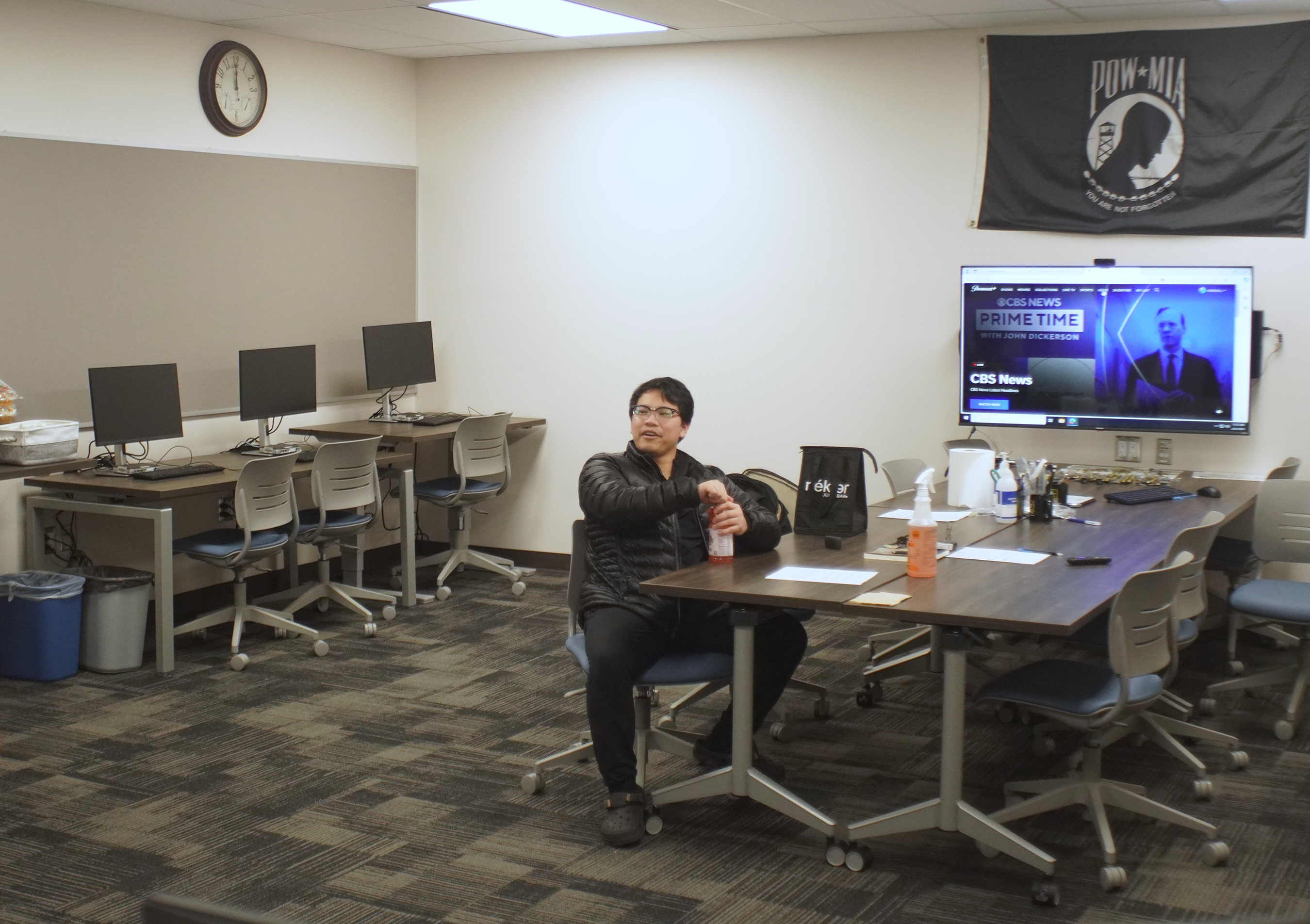
Last time the Thunderword checked in with Highline College’s own Veterans Services Office, Kendall Evans, who is at the helm, was eagerly awaiting a new and improved room for student veterans to congregate at their leisure. Well, that day has come!
Evans and his student veteran staff want to spread the word that Building 23, room 111, boasts free coffee, snacks, a TV, and computers for those wanting to get ahead in class while they take a load off.

With increasing numbers of English language learners (ELLs) in schools, teachers require proper training to effectively educate this diverse population. There are several common certification types for instructing ELLs, including English as a second language (ESL) and English for speakers of other languages (ESOL).
ESL focuses on teaching English to nonnative speakers living in an English-speaking country, as ESL teacher Tom Brock explains, “Teaching ESL allows me to help others adapt to living in an English-speaking country while sharing knowledge about my own culture too. It’s incredibly rewarding.”

As graduation approaches, Highline students find themselves at the threshold of a new chapter that requires job marketing. Navigating this transition between school and the career world requires careful consideration and strategic planning.
By reflecting on your skills, interests, and passions you can pinpoint potential career paths. Additionally, you can research industries with high demand for professionals in your field, attend career fairs, networking events, and workshops to gain industry insights.
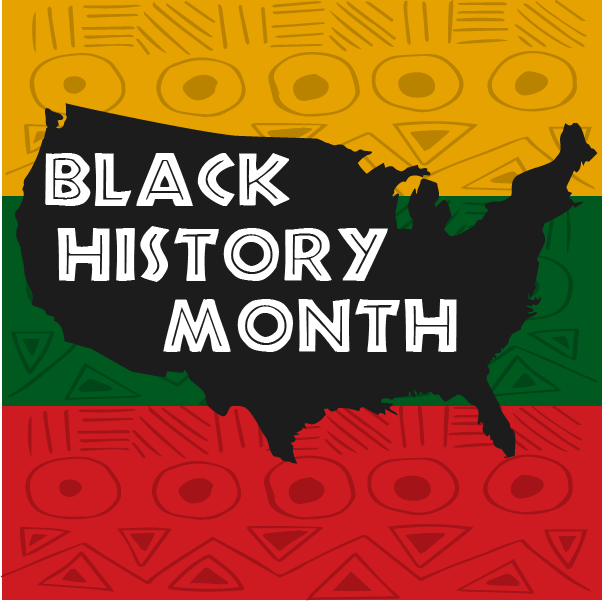
February is a time where Black history is honored and represented all over the United States. People from all walks of life continue to honor the titans that fought for equality during Black History Month.
As part of Highline’s celebration and recognition of Black History Month, this past Thursday the college hosted renowned speaker and academic Dr. A.K. Sterling. Dr. Sterling visited the Umoja Village in Building 25 and gave a presentation about his story and how it connects with the overall theme of how we can continue to shape history.

The Lunar New Year is approaching, and that means the Year of the Dragon event is coming soon to the Highline campus!
The Inter-Cultural Center (ICC) and Global Student Ambassadors (GSA) have been working together to give the Highline community a true celebration on Feb. 15 with a stockpile of games and food for any students who want to come by and join the festivities.
Inter-Cultural Center peer facilitator Chansophalysa Than sat down with the Thunderword to explain what the Lunar New Year means to her, as well as providing everyone a sneak preview of the good things to come.
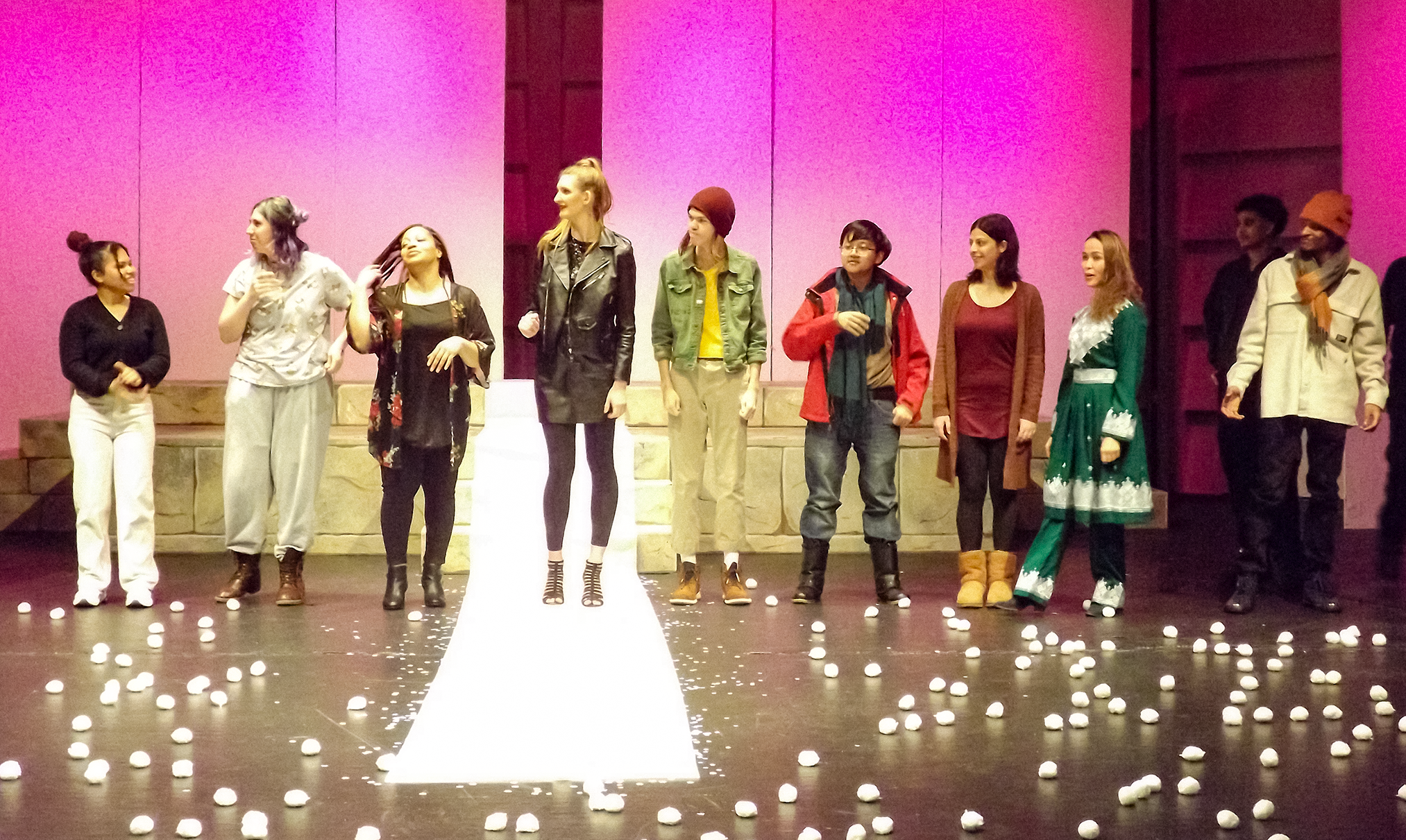
The Q Center and the Q Boutique have come together to put on their second seasonal fashion show for the Highline community. The Q team hosted the inaugural seasonal event this past fall. These fashion shows spend the evening showcasing the clothing in the Q Boutique.
The Q Boutique, which is located behind the stage of Building 4, room 122, is a donation based program that allows LGBTQIA+ students a way to obtain gender affirming clothing at no expense. “It’s really about standing up for LGBTQIA+ inclusion and belonging and thriving a Highline,” said Amy Rider, an Academic Success faculty member who opened the show alongside Chino Gonzales.

In the dynamic landscape of education and business alike, the importance of effective marketing cannot be overstated. By exploring the high value of marketing and the effects it has on people’s decisions, it is clear there is a profound impact on Highline College students and the broader community.
From fostering student engagement to shaping community dynamics, marketing plays an important role in connecting, informing, and empowering all students at Highline. In today’s society marketing serves as the bridge that connects students to the diverse opportunities available at Highline and within our community.

Note-taking on paper is a tradition that has stuck with us since the medium’s invention. Despite the tech world’s attempts to overthrow it, paper notes are still the default for many students and professors alike. However, these attempts to reinvent the way we take notes aren’t in vain as digital platforms become more efficient, more powerful, and easier to use.
Over the past decade, every service required by students – from textbooks and assignments to meetings – has moved to fully digital mediums. Paper notes are still standing despite this, but is it only a matter of time until everyone’s typing them out?

For busy college students, there may be no greater skill necessary than time management. The ability to juggle all of the stressors associated with school, often work, and personal lives can be a challenge, even for the most seasoned students.
A lot of college students are able to manage their time in college because they have balance and they are able to work ahead. For some students it’s not easy to have time management skills, especially when they are loaded with school and work, which could result in late class assignments due to this mismanagement.
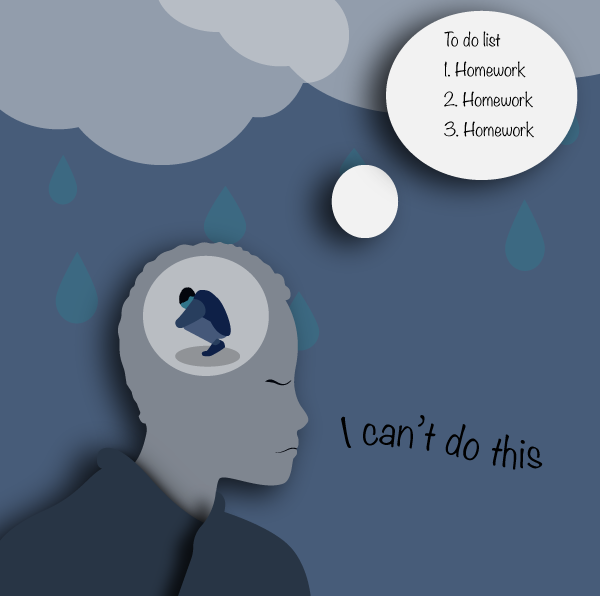
Teens’ mental health in free fall signals need to reimagine outdated systems where alarming statistics point to a need for change.
According to Gallup, an alarming 1-in-10 students now feel actively discouraged at school. Recent Pew surveys reveal over 70% of teenagers see anxiety and depression as major issues amongst peers – contributing to deteriorating academic outcomes including high absenteeism and lower test scores.
“I hate going to school. I just feel so sad and helpless,” says 17-year-old Rosa R. after a recent panic attack forced her to leave class. Like a growing population of stressed-out students, she feels the education system itself fuels her anxiety instead of helping her thrive.
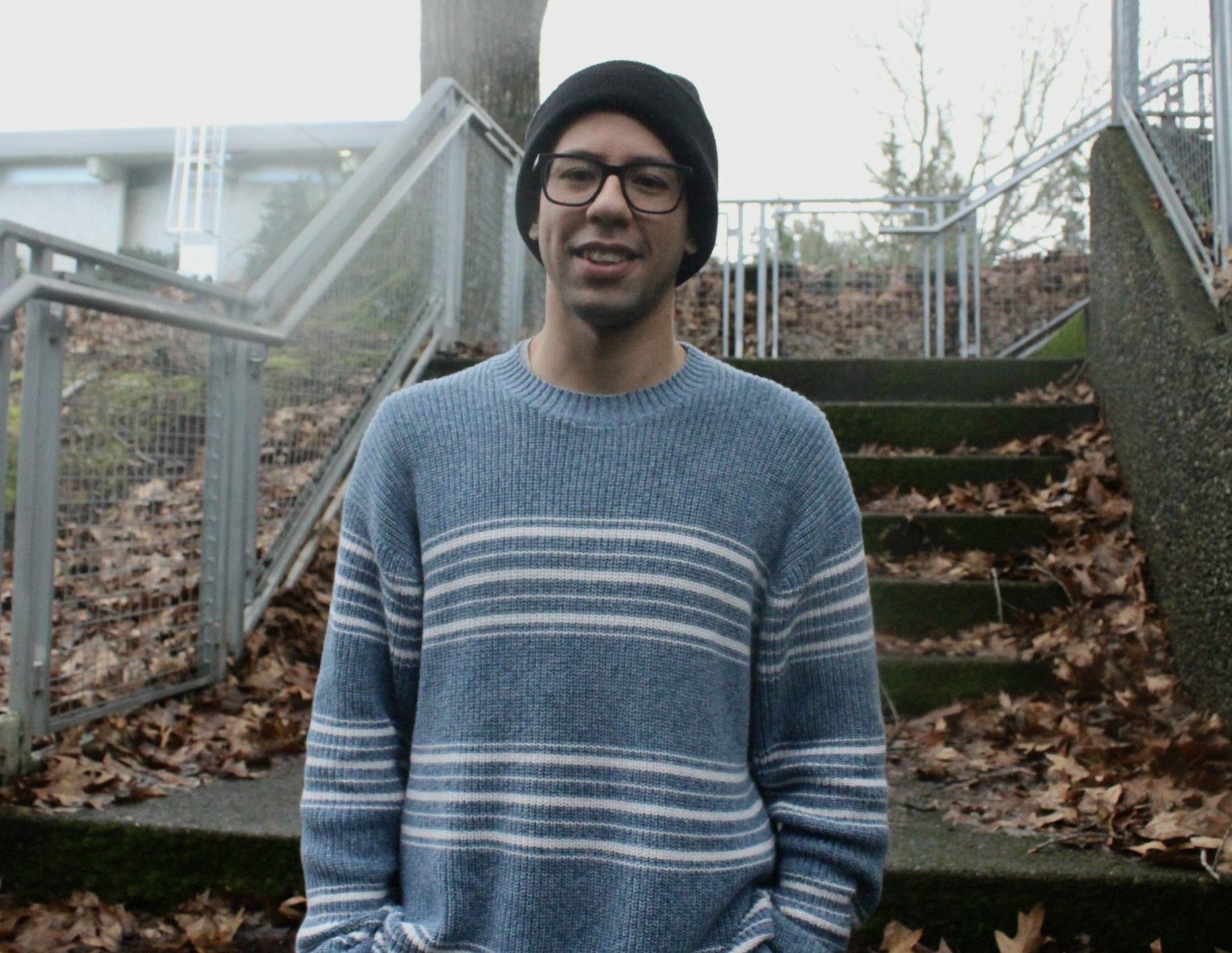
Welcome to Highline Highlights, where we at the Thunderword get to sit down with one of countless students who make up our incredible campus community! This time, we sat down with Sergio Martin Acuña Carrillo, and asked him five questions to really get to know him!
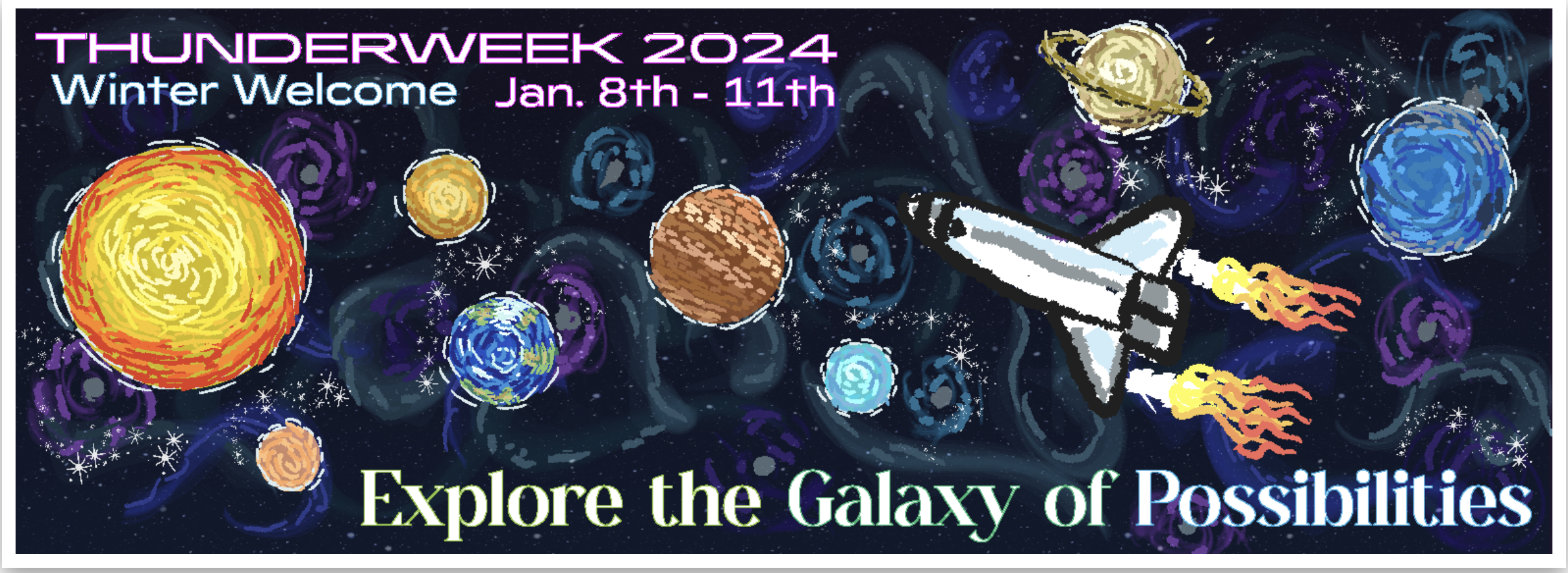
Highline’s winter quarter, and the new year, got off to an out-of-this-world start with the Center for Leadership & Service and the Center for Cultural & Inclusive Excellence welcoming all students back to campus with a week of programs during this quarter’s ThunderWeek.
Once again, another holiday season has come and gone. Christmas lights are taken down, family members are bid farewell, and everyone solemnly returns to their work or studies. Though, despite the low mood, ThunderWeek, a quarterly tradition, was here to lift students’ spirits.
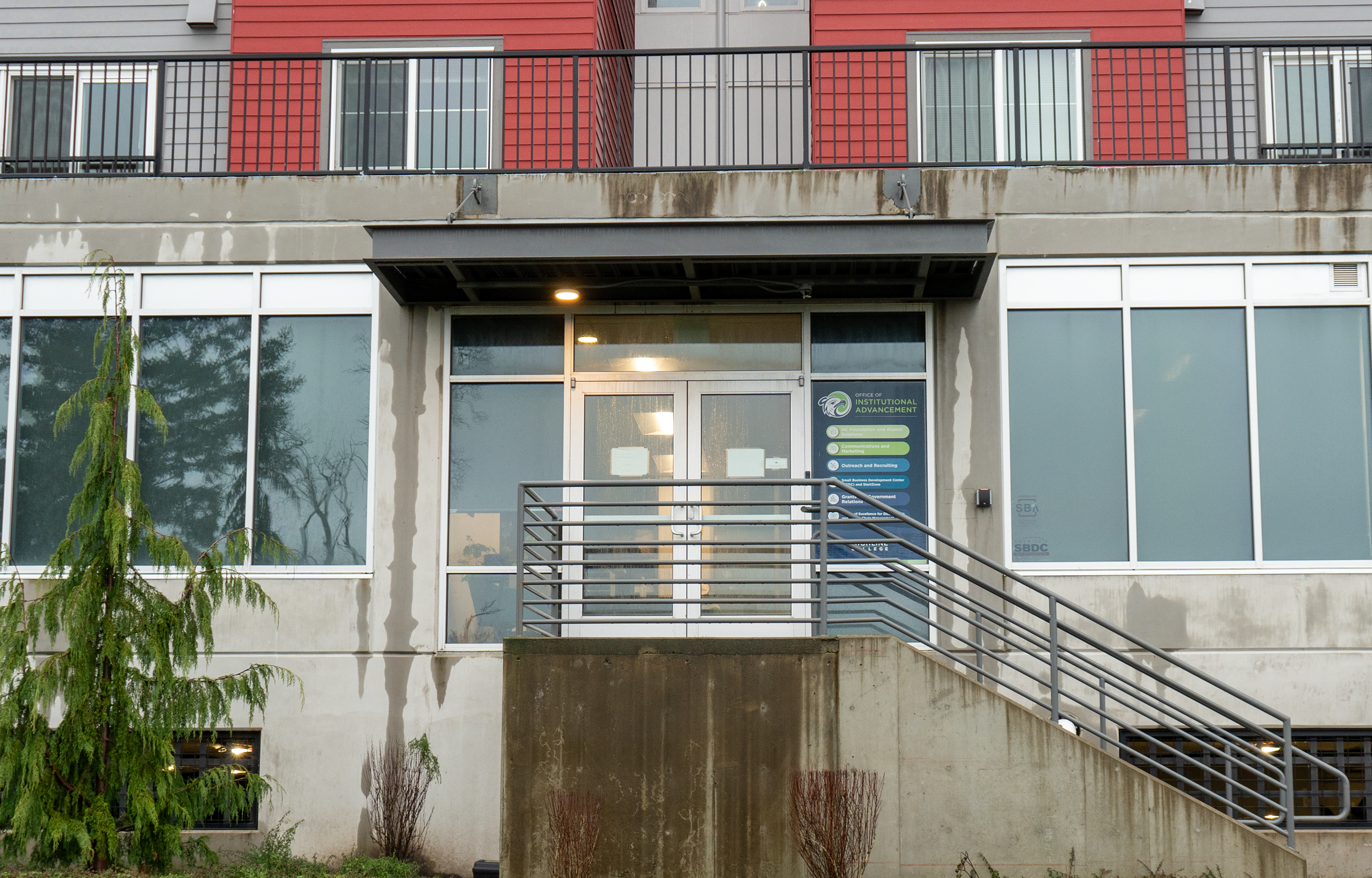
The Small Business Development Center (SBDC) at Highline College offers personalized, confidential advising and coaching to support local businesses in South King County.
The SBDC assists in securing investment capital, creating jobs, and increasing business revenue for startup businesses that want to bring their ideas to life. They also help established business owners to market their business and bring in more cash flow.
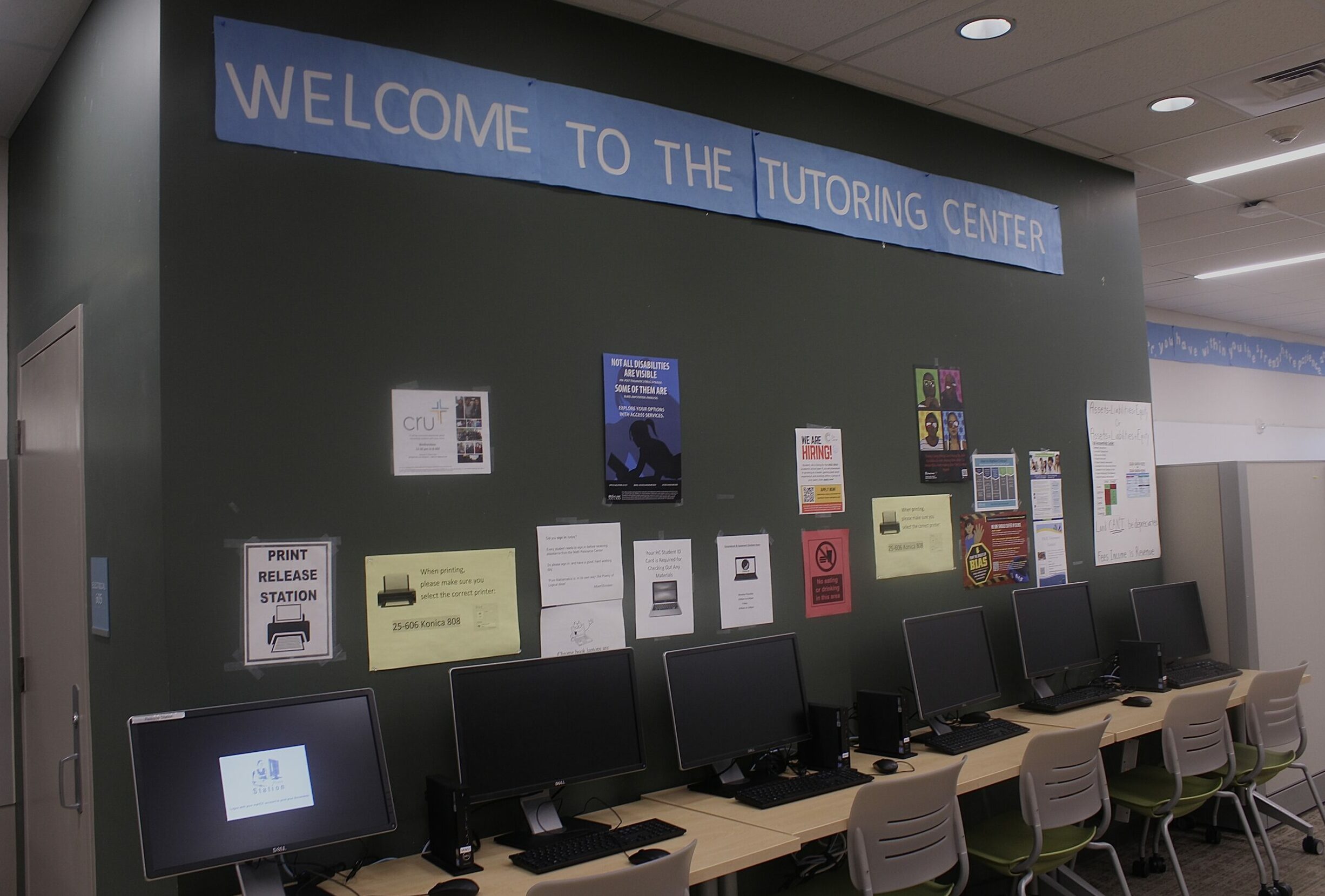
The Academic Success Centers (ASC) are perhaps the broadest resources on campus for students who need help in any course. Math, writing, speech, and a swath of other subjects are covered in depth and student tutors are standing by to make sense of some of the biggest challenges that college has to offer.
Once you pass through the library doors at Building 25, and take the elevator to the sixth floor, you can consider yourself in good hands. As the doors open, you will find a fully-staffed welcome desk that can point you in the right direction.

With scores of students starting new careers or focusing on transitioning to a university, it is paramount that they know they don’t have to take these challenges on alone. Here at Highline there are systems in place that can help them make sense of it all.
In fact, the amount of resources afforded to working Highline College students is more plentiful than some may realize.
The Thunderword sat down with Daniela Esan with Highline College Career & Transfer Services to get the word out about what you can expect from her department and how to get the most out of your time at Highline.
Every week, the Thunderword asks five questions to a student around campus to get to know the wonderful people that make up our community! We started off the new year and new quarter by sitting down with student Marianna Ibarra.
Hey there. If you’re up to it, I would like to extend some thoughts to you. I don’t have the ability to fix a problem, or stop the stress, but I would like to exist in your mind for just as long as it takes you to read this, and then maybe as long as you’ll have me after that.
My life has been touched by suicide at numerous angles, and even knowing that pain, I have still sought it out myself in the past. Those I’ve confided in throughout my life have had a countless number of remedies that worked for each of their own individual minds and souls.
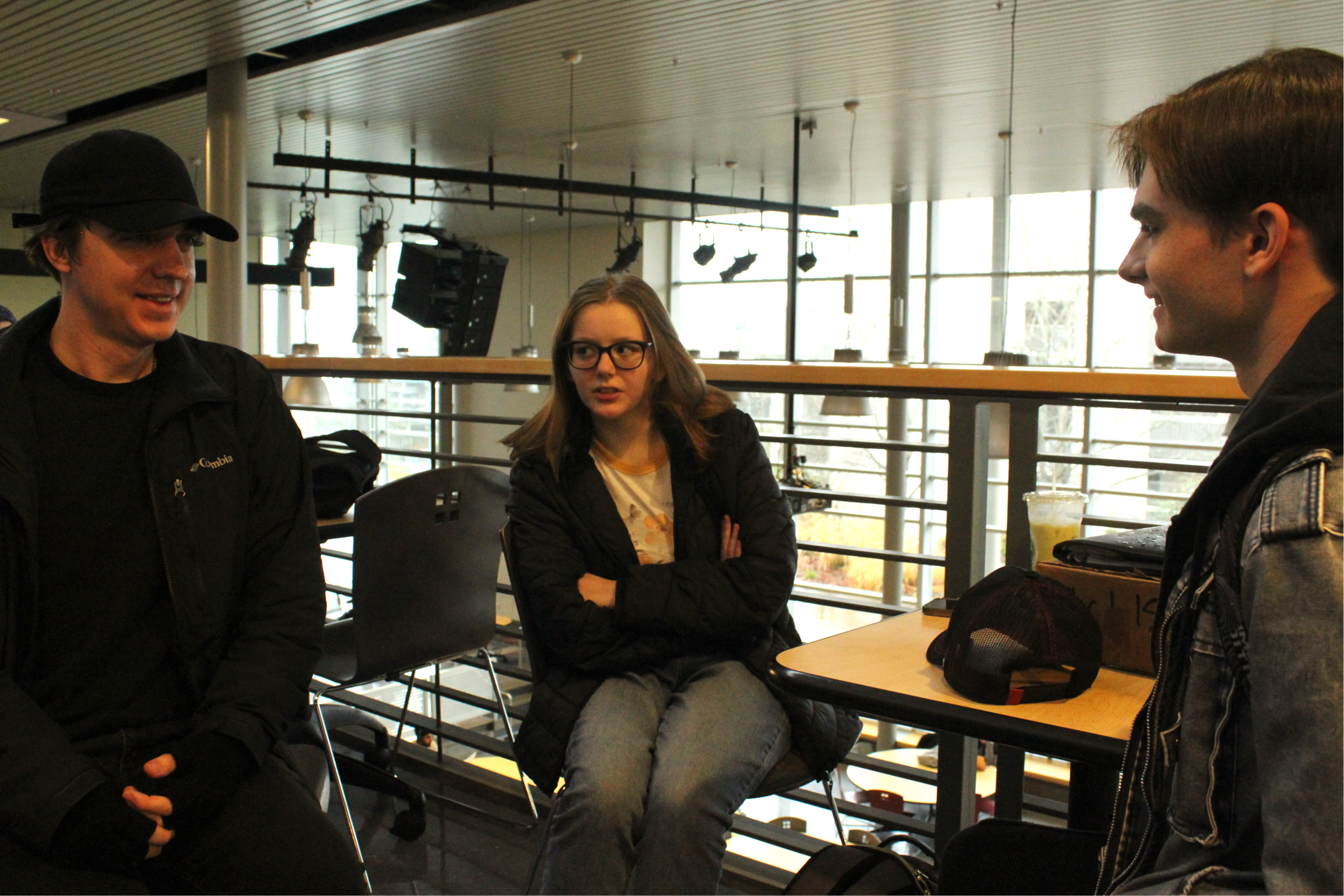
College is a place where people from a variety of backgrounds gather to learn, to share ideas, and to form new social connections. Socializing has always been a topic worth taking a deeper look at, especially in school, where you face your classmates and teachers every day and come up with your own answers about how to get along with others.
In the campus social world, each student goes from stranger to acquaintance and then, if there is a spark, to partner or friend. Students have different feelings and opinions about their social connections at school. Some students said they are willing to meet new people in a new environment, and others are content keeping their heads down and focusing on the classroom instruction and what needs to be done to get through their classes.
This week the Thunderword sat down with Ayoub Kemao to discuss his favorite things! Ayoub is a new student at Highline College who is enjoying the process of learning and adapting to new challenges out of high school.
